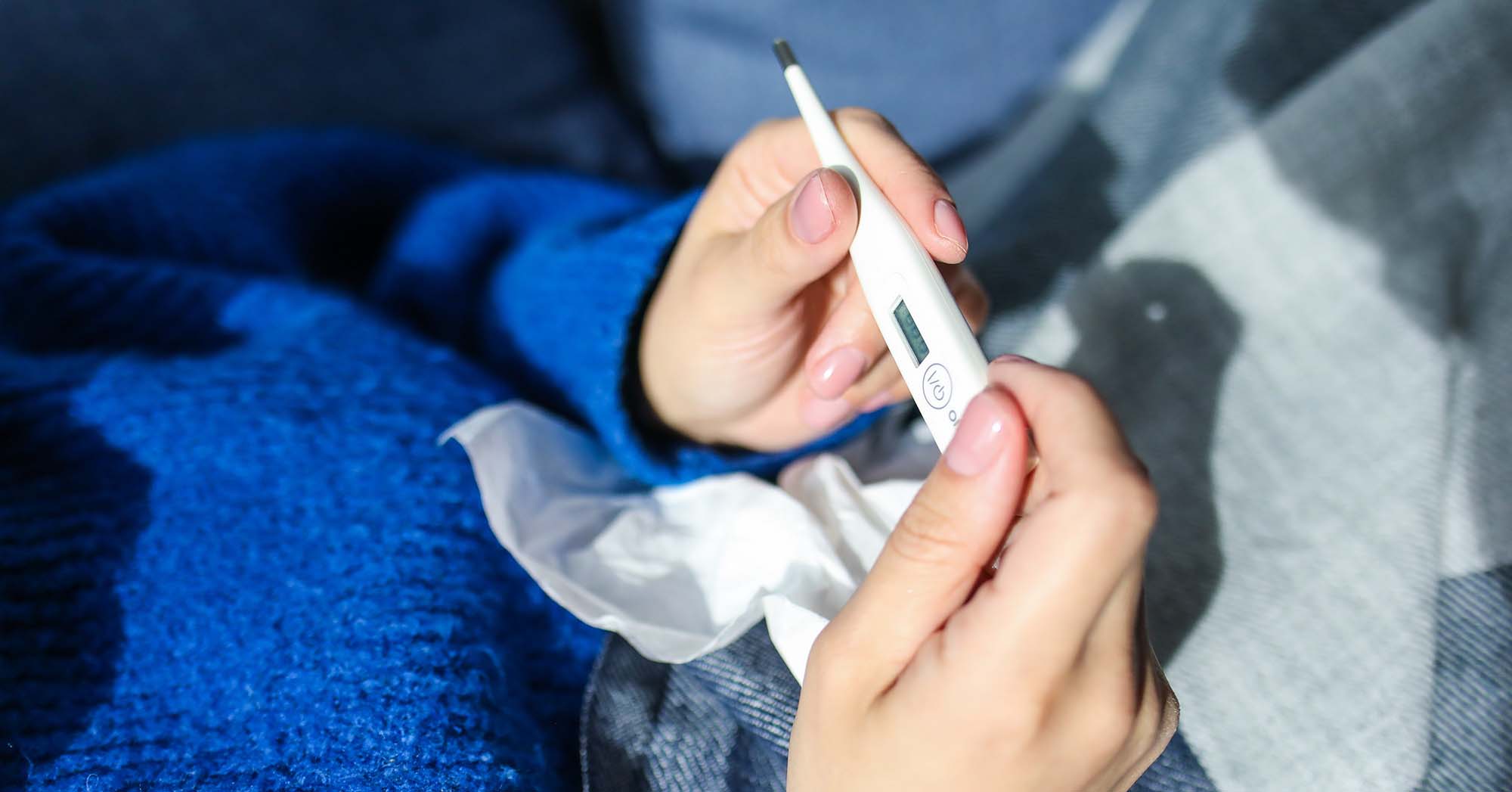The COVID-19 pandemic has caused all of us to fear for our health and the health of our loved ones. It is important to stay informed and make smart choices during these challenging times, so we don’t create unnecessary risk. If you or a loved one become sick and experience mild symptoms due to coronavirus, you need not panic. Mild cases usually recover in two weeks, and most people will recover safely at home. If you have mild symptoms -including fever, body ache, or cough- there are steps you can take to care for yourself.
10 Tips for managing your mild coronavirus symptoms at home
1. Stay home.
2. If you must go out, wear a mask.
3. Get rest and conserve your energy.
4. Drink plenty of fluids.
5. Cover your mouth and nose when you cough and sneeze, then wash your hands.
6. Wash your hands often, for at least 20 seconds.
7. Stay away from other people in your house.
8. Try to remain in a separate room and use a different bathroom, if possible.
9. Disinfect frequently touched surfaces in your home.
10. Closely monitor your symptoms and call your healthcare provider if your symptoms change or worsen.
If you know someone who is sick, call them frequently to check on them. Offer to arrange for food or medication delivery if needed. Encourage them to stay safe and contact their medical provider if they need further guidance.





